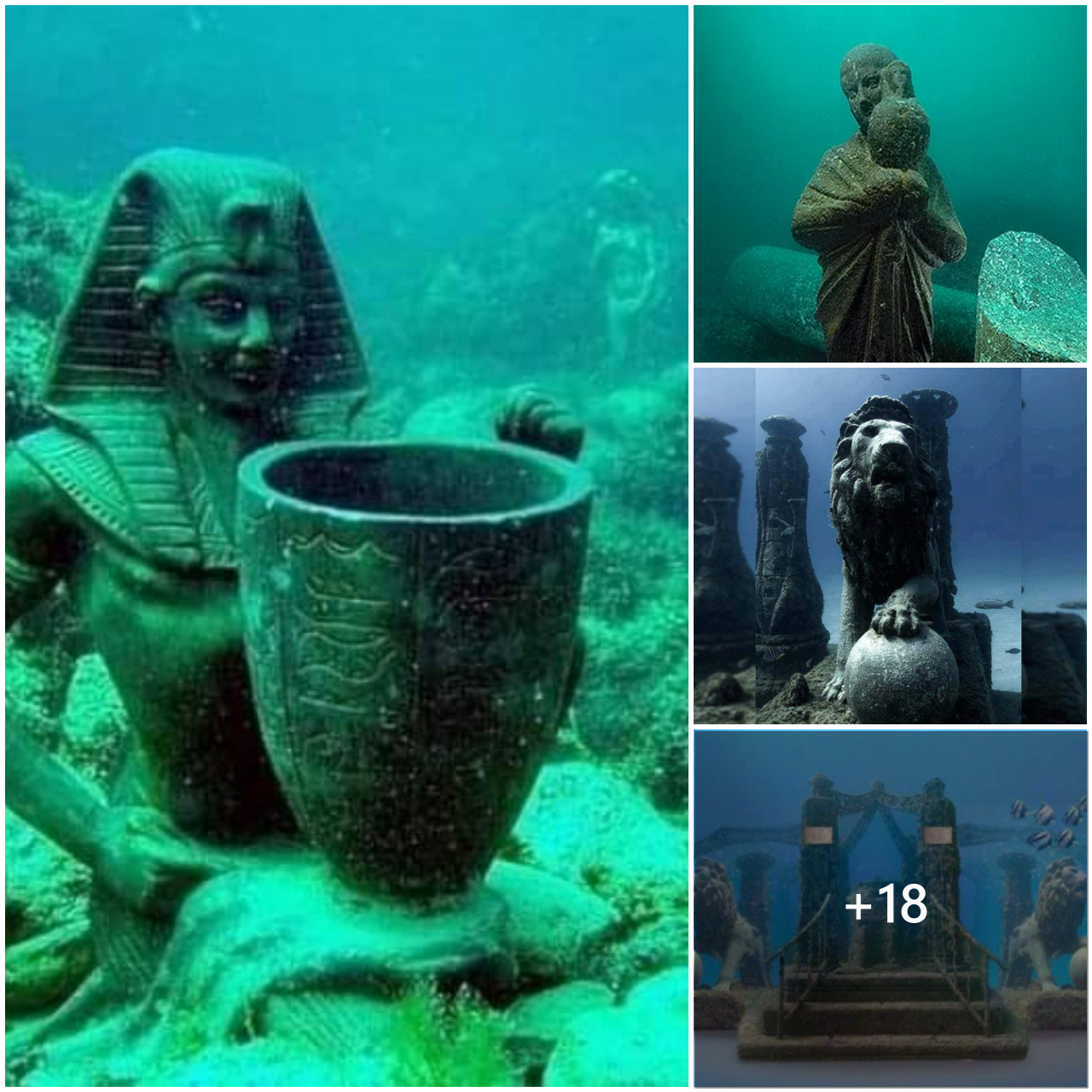Aristotle (384–322 BCE), who follows Socrates and Plato as the third member of the great triumvirate of ancient Greek philosophers, is arguably the most important thinker who ever lived. He made fundamental and pioneering contributions to every major field of philosophy, especially metaphysics, ethics, logic, the philosophy of mind, the philosophy of science, moral psychology, political philosophy, and aesthetics. He created the field of formal logic, devising a system of reasoning known as syllogistic that was not superseded until the mid-19th century. He was in addition the first genuine empirical scientist in history, being the first person to distinguish the major scientific fields (including biology, botany, chemistry, embryology, physics, and zoology) and performing in all of them theoretical and observational work of lasting importance. Following the translation into Latin of his major works beginning about the 12th century, Aristotle’s philosophy eventually became the intellectual framework of later Western Scholasticism, eclipsing (though not eliminating) the influence of Neoplatonism as passed through St. Augustine and the Church Fathers. Following the Scientific Revolution, interest in the scientific aspects of Aristotle’s philosophy declined, and other aspects of his philosophy were only intermittently influential. Beginning in the second half of the 20th century, the field of virtue ethics, a self-conscious revival of Aristotelian eudaimonism (the theory of well-being), promised an approach to ethics grounded in human nature and free of the counterintuitive consequences of action-based ethical theories. Studies of Aristotle’s writings in ethics, metaphysics, and other fields continue to yield new insights into his thought.
*Aristotle briefly served as tutor to the 13-year-old Macedonian Alexander the Great, the future ruler of the entire Greek world as well as North Africa and the Middle East.
*Upon Alexander’s death in 323, Aristotle, because of his Macedonian birth and connections, fled Athens, saying that he did not wish the city that had killed Socrates “to sin twice against philosophy.”
*All of Aristotle’s finished philosophical treatises are lost. The surviving works attributed to him consist of lecture notes and draft manuscripts. Their compact and abbreviated style contributes to the difficulty of his philosophy.





